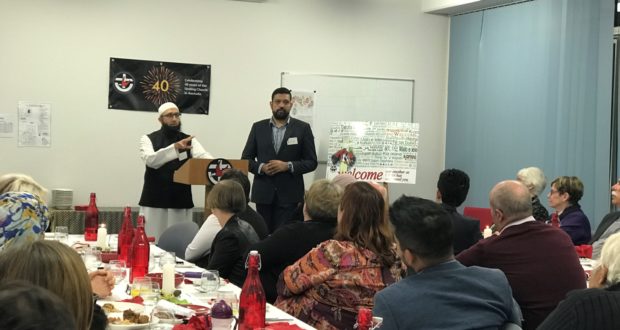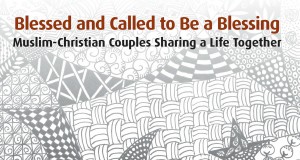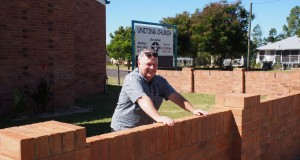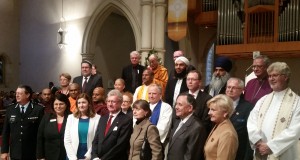In a sign of solidarity and friendship with the Muslim community of South East Queensland, the Queensland Synod has hosted its first Iftar dinner with Muslim partners. Synod research officer Sue Hutchinson reports.
Ramadan is a significant and sacred time for Muslims, marked by fasting from sun-up to sunset. The Iftar meal is the daily “breaking of the fast” during Ramadan—this year from May 27 to June 25.
Sharing of the Iftar meal between Muslims and non-Muslims has become a powerful symbol of solidarity and unity, particularly in the face of growing hostility towards Muslims in the wider community.
The Uniting Church Iftar dinners held around Australia this year had a common theme of friendship. They were about hospitality, welcome, respect and our desire to learn more about the other. This aligns with the Assembly’s statement Friendship in the Presence of Difference adopted in 2012.
As Moderator Rev David Baker commented, “We all need to sit down and have a cup of tea together and hear each other’s stories and understand each other’s lives. When we do that we will have a richer, deeper community and life together in Australia.”
Dinner guests enjoyed a Halal meal of Afghan food and the conversations flowed freely between Muslim and Uniting Church guests around the table.
Imam Uzair Akbar from Holland Park Mosque felt warmly welcomed: “I felt like I was at home. There was a sense of being one big family. This will not be the first and last Iftar dinner together but one of many more to come.”
Rev Heather Griffin from the Synod Interfaith Relationships Committee reflected, “It was wonderful to see religious leaders coming to share in the commonality of our journey. The conversations were deep and fruitful and the mutual love of God so evident.”
Faiza El Higzi, who is a member of the Queensland Council of Social Service board, assisted in organising the dinner. She thanked the Synod “for your hospitality and for your generosity of spirit. This coming together has strengthened all of us and we look forward to continuing to build on this foundation”.
Others commented on the joy of the night and the opportunity to form relationships with religious leaders from their local community.
In coming years, we hope local congregations or presbyteries will work with local mosques or organisations and organise their own Iftar dinners.
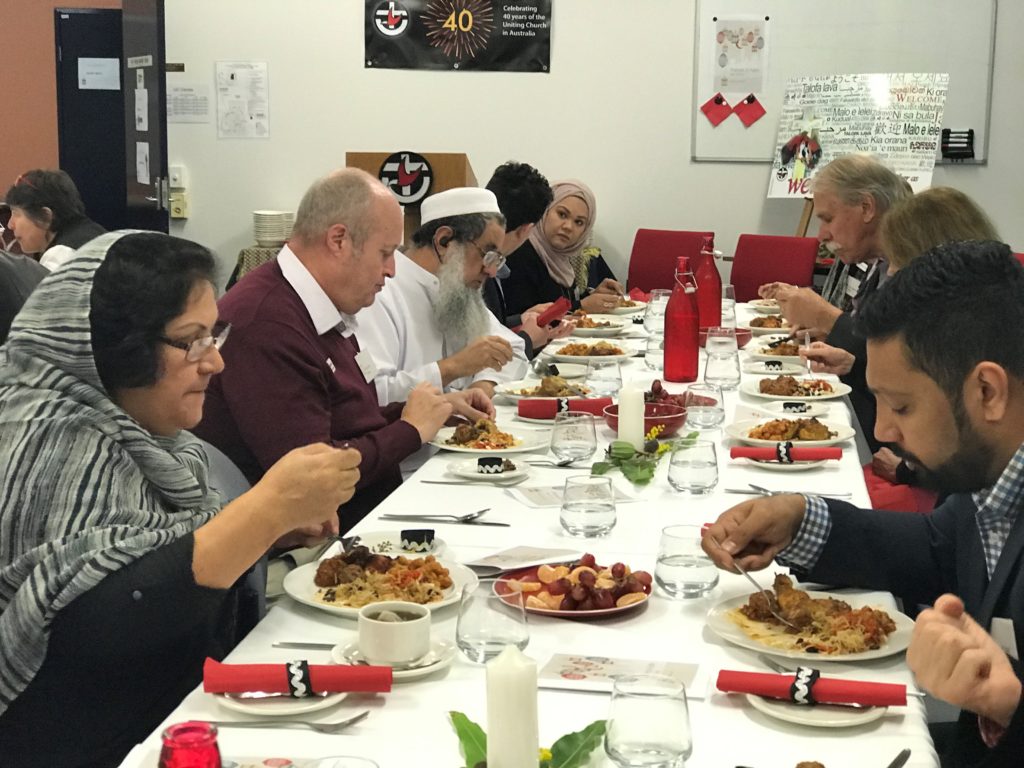
Photo: Rev Heather Griffin
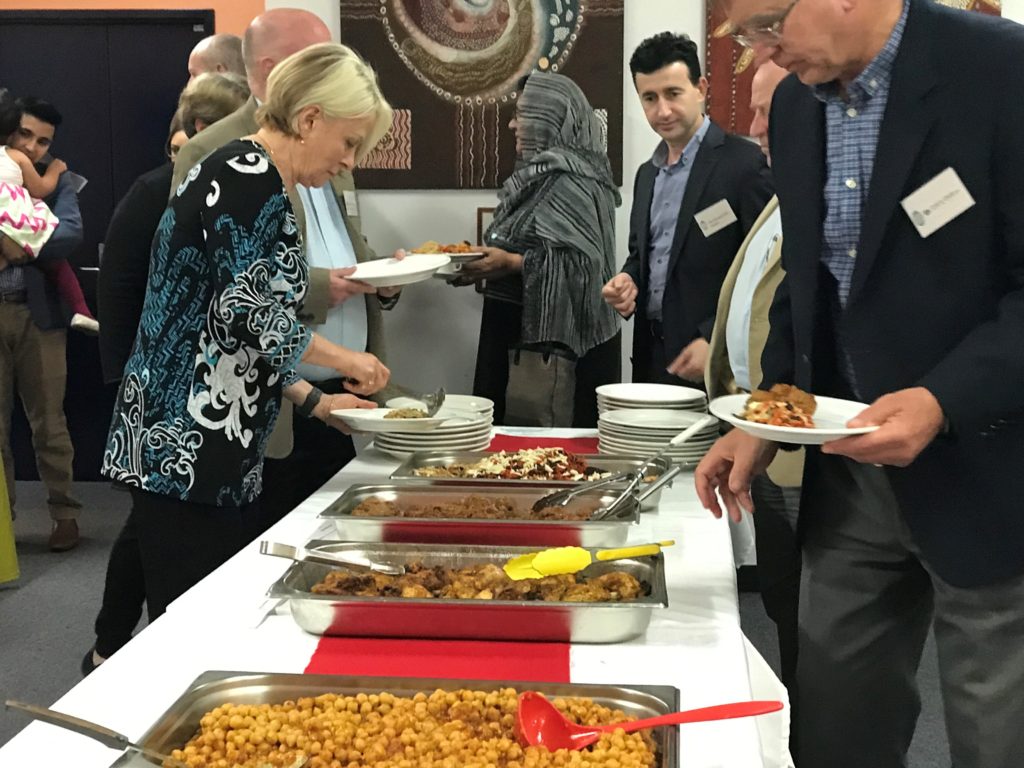
Photo: Rev Heather Griffin
 JourneyOnline
JourneyOnline
